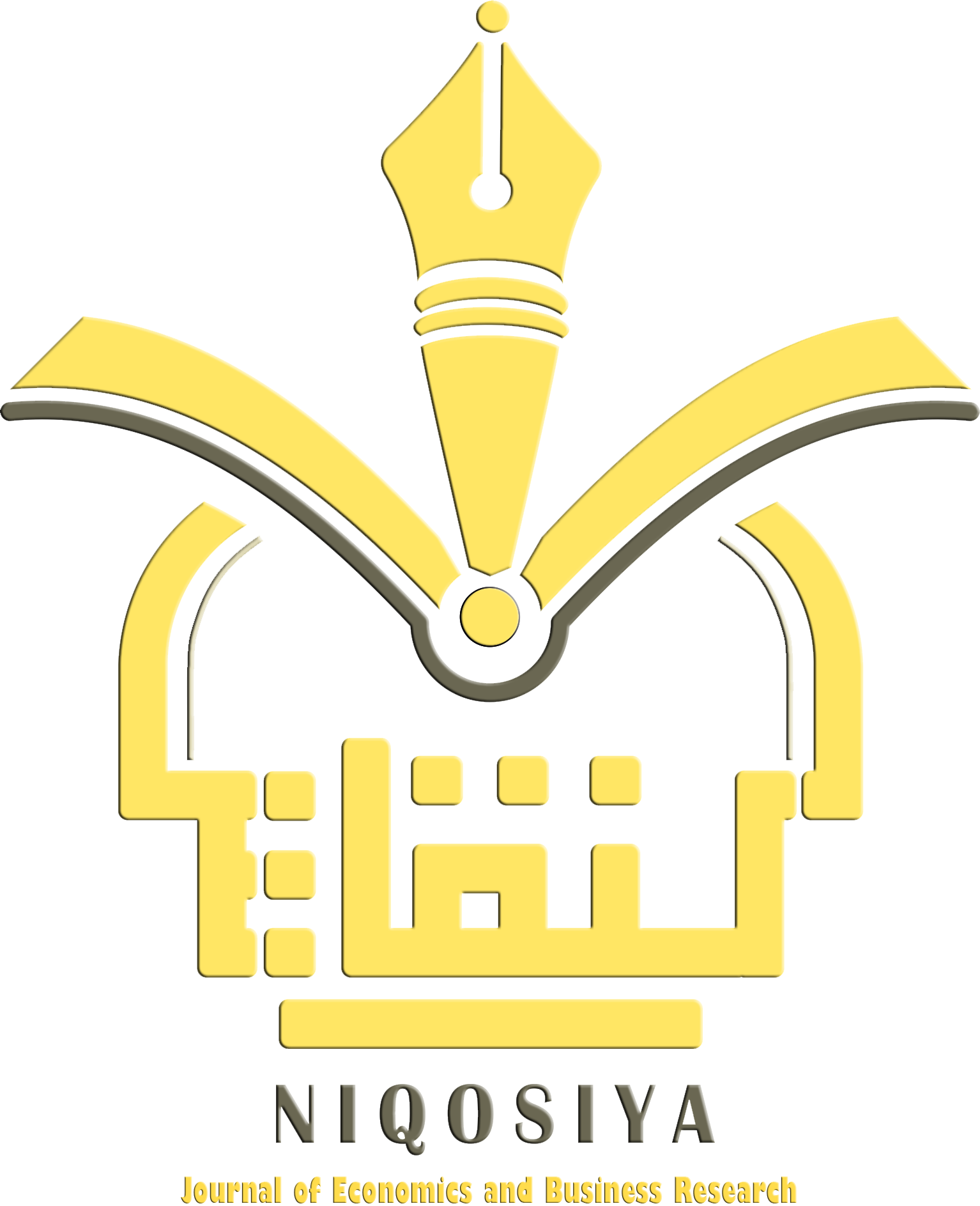EMPIRICAL STUDIES OF THE EFFECT OF OPERATIONAL COSTS AND OPERATING INCOME, FINANCING TO DEPOSIT RATIO AGAINST RETURN ON ASSET WITH NON-PERFORMING FINANCING AS INTERVENING VARIABLES IN SHARIA BANK INDONESIA 2013-2020
Abstract
Return On Asset is a profitability ratio that can measure the company's ability to produce labs. In this study, the researchers found data on the quarterly financial reports of Bank Syariah Indonesia that the FDR value increases. However, the ROA value and decreased, found the BOPO and NPF values decreased but were not accompanied by an increase in ROA. This study using a quantitative method with an associative approach. The type of data used is secondary data from the 2013 first-quarter financial statements - In the fourth quarter of 2020, data is taken from the Bank Syariah Indonesia website. Data analysis using classical assumption test, simple linear regression analysis, linear regression analysis multiple, hypothesis testing, and path analysis. The results showed that NPF could mediate between BOPO and ROA. NPF can mediate between FDR and ROA. The cause of the decrease in ROA is caused because the BOPO value is still relatively high due to Sharia Bank Indonesia's performance less efficient and have the FDR value in several quarters exceed the maximum limit. So it indicates that the bank is less efficient in the distribution of financing and has an NPF value that exceeds the limit set by Bank Indonesia in several quarters. The solution is to make BOPO efficient. Indonesian Sharia Banks must pay attention to operational efficiency by paying attention to costs incurred with revenue received. A low BOPO will significantly affect the level of profit Islamic banks to improve the quality of ROA. Furthermore, more cost-effectiveness further increases the income so that the profit obtained is higher. Next, Bank Syariah Indonesia must use the number of funds in the banking sector to channel financing so that the risk of financing is getting higher reduced.
Downloads
Copyright (c) 2021 Rini Apriyanti, Asmak Ab Rahman, Shinta Maharani

This work is licensed under a Creative Commons Attribution-NonCommercial 4.0 International License.














